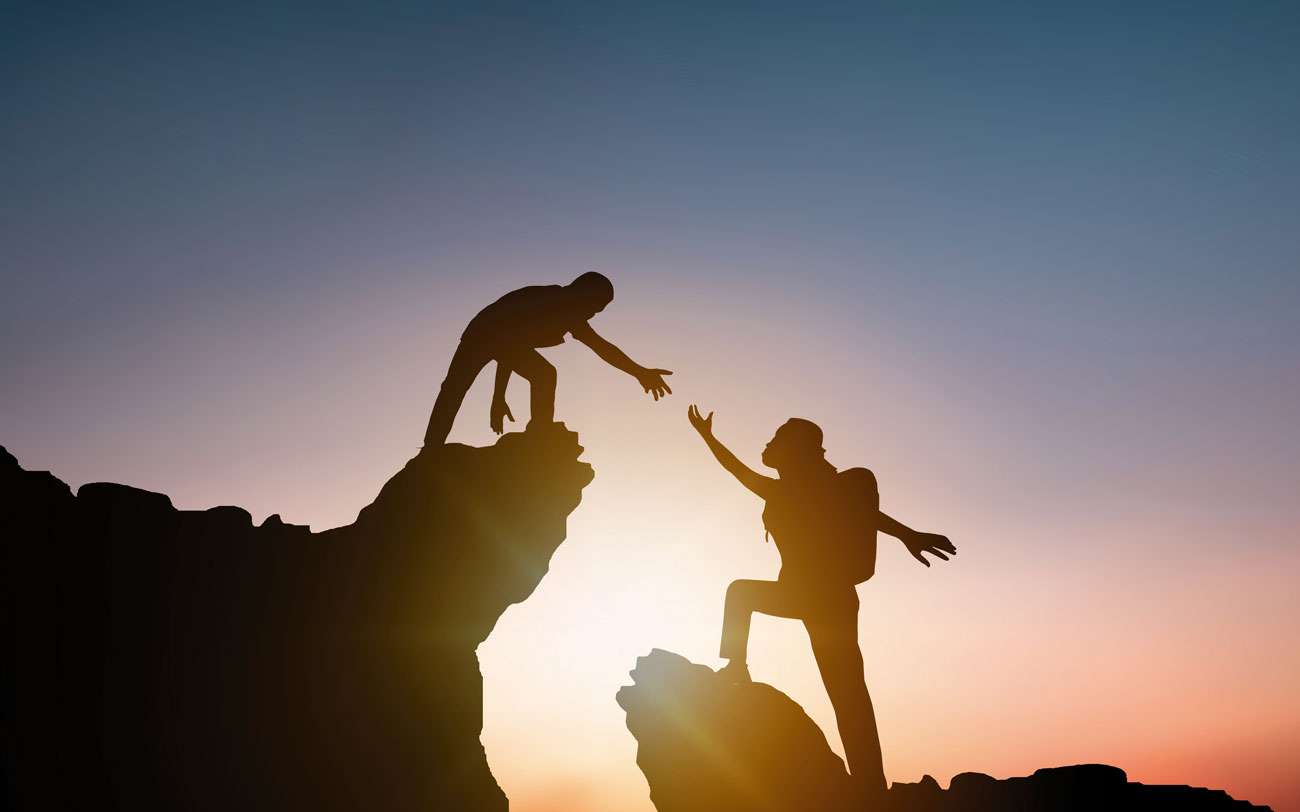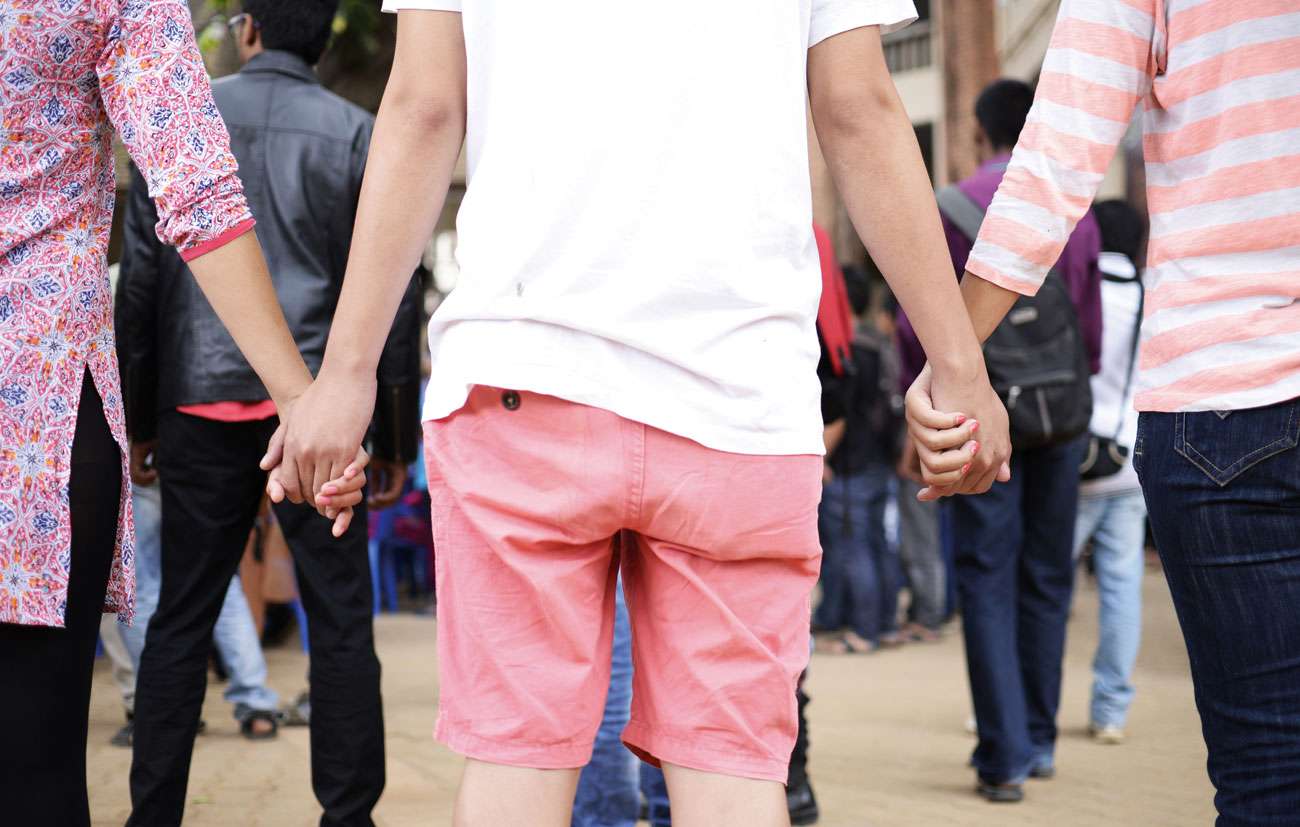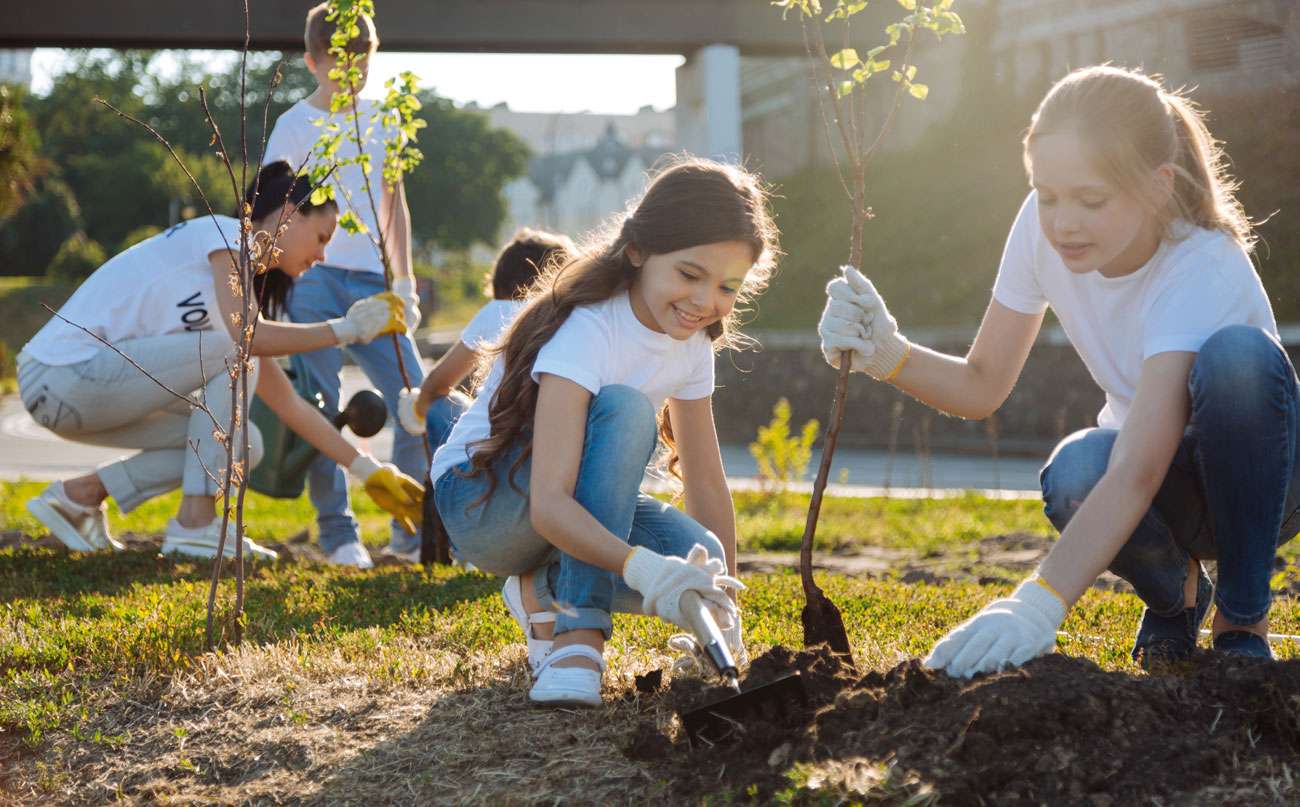
Have you noticed the ‘you’ in community?
Community: what does it mean? Etymologically, the word community comes from the Latin communis, which is translated literally as common. Broken up, this word contains co (together) and mun-i (change, exchange) and links with the Latin word munia (duties). In the modern sense, it might involve getting together or communicating online, assisting family, friends and neighbours with their needs or other types of public service. We achieve significant wellbeing by helping others, so help me out and read to the end…
The role of community in health creation isn’t exactly new. Alcoholics Anonymous provided a safe place for people to talk about and listen to problems associated with their addiction. It first originated in 1935 at Akron, Ohio, as the outcome of a meeting between a stockbroker and a surgeon – both of which identified as alcoholics. Self-help groups were first recognised by the World Health Organisation in the 1980s. Later in the 1990s, self-help groups were established online, since people could search for and connect with others. Many of these self-help groups adopted the “helper-therapy principle”, coined by Frank Reissman in 1965. Whilst people receiving help may not always benefit, those helping them through referencing their own painful experiences realised the humanitarian or existential meanings of their experiences. Put simply, relating to and talking about others’ problems, can help you to feel better about your own.
In November 2020, James Maskell released a book titled, ‘The Community Cure’. Maskell is the founder of the Functional Forum, the world’s largest integrative medicine conference. He calls for healthcare to become preventative and sustainable, proposing that health conditions including obesity, type 2 diabetes and hypertension can be addressed through group-based appointments on lifestyle medicine, virtual medicine and genomics. The impact of loneliness on health and its creation is significant. It can increase your risk of death by 50% and is linked to increased inflammation and reduced immunity. Furthermore, those who are isolated visit doctors or hospitals 4 to 6 times more often than those who have more support and subsequent resilience.

Being a part of the community
In the modern family and socio-cultural environment (particularly given current circumstances) is it any wonder we face a growing epidemic of mental health issues across all age ranges? We all know that it’s important to consistently eat a healthy diet, get adequate sleep, get outside and move or lift heavy objects and reduce stress. However, we need to be more intentional about this through scheduling times for these routines. This inevitably involves good planning, to ensure we get equal amounts of purposeful work and play, ideally in equal proportion. That said, remember to be kind to yourself – you are stronger than you think, but you are not just a human doing – you’re mainly a human being.
I love connecting, sharing with and learning from others. It’s one of the reasons we started Surrey Health Collective in 2019. We’ve met both in person and online to exchange ideas and talk about all manner of topics including, but not limited to, spinal health, oral and digestive health, essential oils, relaxation, yoga, talking therapies and movement. As a musician, my experiences enable me to relate to and enable others in my school community to learn through music. I’ve been a drummer in rock and jazz bands. I’ve been a percussionist in orchestra, wind and brass bands. I’ve contributed to and experienced amazing musical outcomes, not forgetting the (hilarious or embarrassing) mistakes I’ve made along the way.
More recently, I’ve committed myself to training to join the Surrey Fire and Rescue Service as an on-call firefighter for Cranleigh. Currently led by Watch Commander Curtis Howells-Davies, the station itself has a reputable history of community, between the firefighters themselves, but also between those serving and members of the public. In addition to saving lives, they’ve organised and taken part in several charitable events, maintaining a very public profile at village events, but also by providing education on fire prevention and safe and well visits amongst others. I am highly motivated to complete my training by the end of August, so that I can join them and fulfil a higher sense of purpose and duty. As ever, very grateful to my wife, friends and family who continue to support me.

Helping each other where we can
We all anticipate future dates to be able to physically meet with others in various settings with no restrictions, and with good reason – we instinctively know that it’s for our collective good. There will be more outside gatherings initially, which will give us much needed sun exposure for Vitamin D synthesis (remember to seek shade as you need to). By capitalising on any decent weather, we’re likely to go to and move around places outside (consider walks in countryside, parks or at the beach). There will also be the opportunity to enjoy food with others (whatever your diet, ensure that the quality and welfare of your food is as high as you can ambitiously afford). The longer days will see a natural reduction in sleep quantity (avoid screens at least 1 hour before bed and do something relaxing).
As we return to normal, look to rekindle those historic commitments and seek out new ones if you fancy a change. From an evolutionary viewpoint, change is healthy: it’s how we’ve adapted to the world around us for millennia and how we’ll continue to do so well into the future. If you’re new to the scene, just ask other villagers or contact local groups you know to ask how you can get involved. Remember – whilst there isn’t a lot to do to achieve community – getting together, exchanging ideas and doing nice things for other people will, naturally, achieve a lot. Oh and by the way: thank you for reading to the end. I feel better – do you?
Arran is a music educator, who established Surrey Health Collective in 2019 with local health practitioners, as a non-profit group that brings the community together to learn about and share our experiences in health creation. Search for us on social media using: @surreyhealthcollective or visit our website: www.surreyhealthcollective.org











